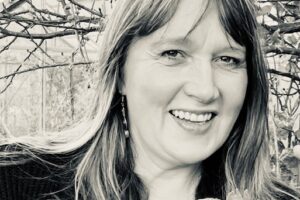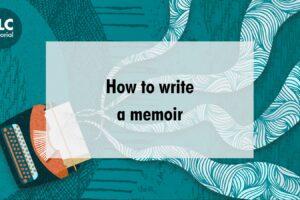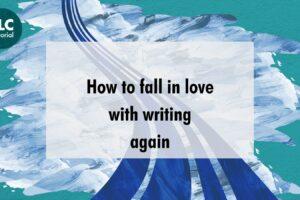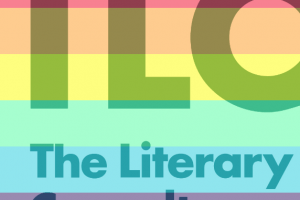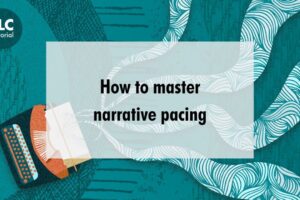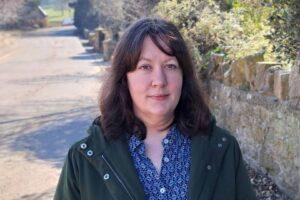Lots of people have valuable experiences that are unique to them that they would like to share, but sometimes these encompass several decades of life and it can be difficult to know where to start.
This blog post is intended to help you capture the magic and turn it into inspired writing, either in short form stories, long-form novels or scripts.
Aims
Your aim is to connect with someone – even if only your future self- by relating a pivotal experience or by bringing a reader into your world using specific authentic details.
Why Write this?
Turning life into literature can be cathartic, challenging, harrowing – or actual fun!
No matter which processes and emotions you go through, the outcome should give you a sense of satisfaction, even if it is only the relief of getting thoughts and events down on paper and out of your brain.
The benefits of expressive creative writing are many, including mental and physical health improvements (check out the work of J W Pennebaker and J M Smyth for more about this) as well as financial gain and professional accolades if you write something amazing. But don’t write for publication or money in the first instance, write it for you, because you want to or need to do it.
Three Steps to Success.
1: Find and mine the stories in your memory. You can do this by writing a list of interesting or unusual moments from your life or use the stories that people have told you. You can also do writing prompts and exercises- I’ve suggested some later.
In this first exploration, don’t try to control where you are going, just let the words flow.
2: Select some of your raw material from step one and decide how you are going to write this particular piece.
Who will be your main ‘character’? It could be you, a fictionalised version of you, or a complete invention.
What genre will you use?
What point of view?
Which tense will you use?
Remember, a first choice is not set in stone, so don’t worry that you’ll get it wrong.
3: Redraft your narrative so that it highlights an element of change in your character or a journey of discovery. Ideally, aim to describe a universal truth or some comments- however delicate or subdued – about the human condition.
If you are writing for a particular audience, write in a way that resonates with that audience’s expectations or worlds.

Step One – Use Exercises to Create Content.
- Literature prompts:
What is your favourite book?
Who gave it to you?
Why does it mean so much to you?
When did you read it?
What difference did it make to your life?
Can you think of a specific incident involving another person- perhaps you spoke about it to someone or quoted from it on social media?
Did you have an instinctive response to a character or situation. Why?
If you are stuck for inspiration try taking a memorable date – e.g. birth or marriage- in six digit format.
Use the year of your birth to get a page number.
Use the day of the month to get the line – between 1 and 31
Use the number for the month to get a word along with the line. 1-12
If it’s a late month you might need to go on the next line.
Use this word in a sentence relevant to your life now or then.
- ‘The Museum of your Life’
Imagine there’s a whole building dedicated to your life. If that’s terrifying picture think of a small room. There are objects, pictures, foodstuffs, music media such as LPs.
What is in your museum? Make a list.
What can you see, hear, touch, taste, smell?
Choose an object you love- and one you hate.
Can you write a sentence about each?
Where will that take you?
Has your feeling towards the object changed over time? Why?
Step Two: Which Genre works for you?
Memoir can be a difficult genre to work in. Truth is imperative, but as we know, truth is subjective. Catherine Cusset (2012) states that,
“A memoir tells the reader what happened. The writing is usually clear, simple, factual, and descriptive.”
This can be a challenge when you are wanting to write about actual events and people in your life. But there are alternatives.
Diane Pomerantz quotes Catherine Cusset in her Medium blog (2018) and adds:
“Autofiction, on the other hand, brings the reader inside what happened.”
Autofiction uses made-up characters and events to represent actual experiences. You can embellish characters, locations, conflicts and consequences. One of my favourite examples is Charlotte Brontë writing Helen Burns as a fictional character in Jane Eyre. Many fellow pupils recognised the settings and events and identified Charlotte’s older sister.
Step Three – Crafting the Narrative by Editing and Redrafting
Everyone has their own writing style, but here’s what’s useful to me:
Don’t spend a long time introducing your main character – the best way to hook readers is to put them straight into the action.
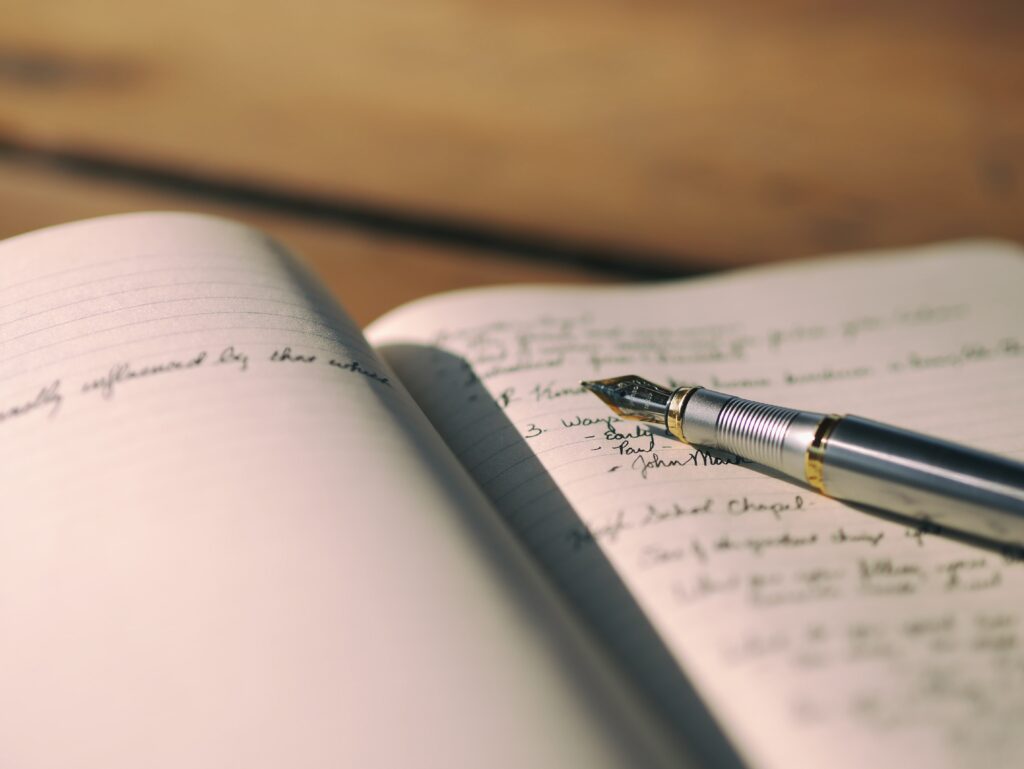
Give them the shock that is about to change the protagonist’s life and let us see the effect through their eyes/bodies/minds.
Use all five senses to show what happens when they see or hear the event/person.
Describe the good and the bad – maybe it’s a happy event – love at first sight, a new baby, a great job. Perhaps it’s not. What is their gut reaction?
After the shock, the reflection.
After the reflection – action!
What happens to change the situation?
Is your protagonist passive or active?
Show everything- include silences in dialogue- they hold a message all of their own.
And Finally.
When you are happy with what you have written, give yourself a pat on the back.
If you want to take you work further, you could get some feedback. A critical friend, a writing; group, or the professionals at TLC. Who knows where it might go?
Enjoy 😊.


